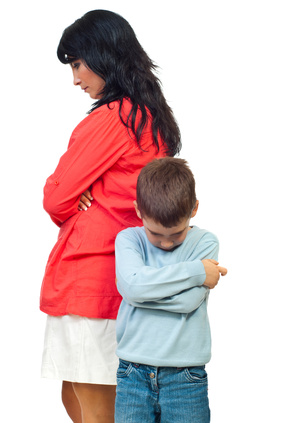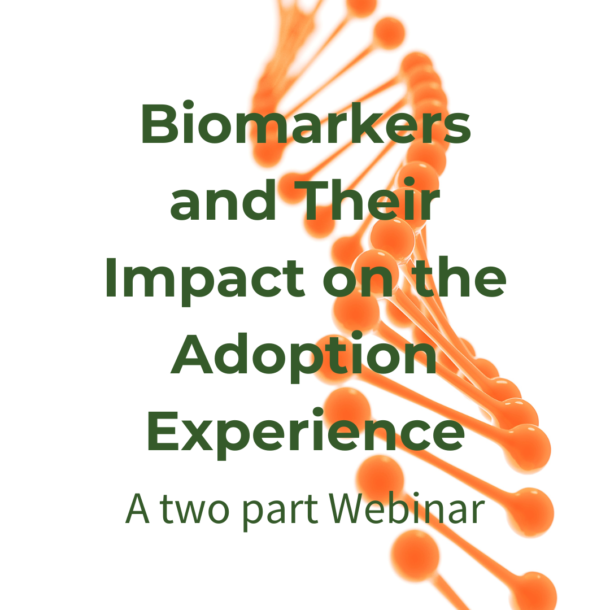 Empathy is an essential human skill that enriches relationships, smooths life’s bumps, and enhances life’s joys. Empathy isn’t intuitive. It is a skill that must be taught. For some children—especially those with Tough Start histories—learning empathy takes more time and requires increased reinforcement. Be overt in describing your behavior. For Example, “My friend Sally was sad so I sat quietly with her and just listened. She felt better and thanked me for being a good friend.”
Empathy is an essential human skill that enriches relationships, smooths life’s bumps, and enhances life’s joys. Empathy isn’t intuitive. It is a skill that must be taught. For some children—especially those with Tough Start histories—learning empathy takes more time and requires increased reinforcement. Be overt in describing your behavior. For Example, “My friend Sally was sad so I sat quietly with her and just listened. She felt better and thanked me for being a good friend.”
Children of any age can express empathy. A child can respond emotionally to a parent’s sadness. A toddler’s pat on the back or chubby hand on a cheek can be very touching. As a teenager, this same child may find it more difficult to respond. They are caught up in the vortex of knitting their adult identity, of beginning to separate from parents and carving their own path. More than ever, parents must be the guardians of the relationship, model healthy emotional behaviors and hang in for the long run.
Sometimes, we parents would appreciate an expression of empathy from our kids and are distressed when our kids don’t deliver. This lack of emotional reciprocity can hurt, frustrate, and disappoint us, leaving us feeling angry or alienated. Consider the possibility that they are not being deliberately insensitive. Perhaps our need triggers fear and insecurity for them. Rendering them unable to reach out and respond to us. Once again, we are called to a hero moment. We must step beyond our personal needs to reassure them, to reinforce the permanence and security of our parent/child relationship.
Later, have a discussion of how each of you might have chosen differently. (Share specific ideas about how they might have expressed empathy. “I would have really appreciated your asking me why I was upset. Teach them how to make clear requests for what they need.)
This shows that connecting and reaching out is healthier and more productive than isolation and anger. When they do come around to connect (perhaps even apologize for their insensitive behavior) we get to make a choice. We can reprimand them. Or, respond to their overture, thanking them for their support. This choice affirms the relationship in preference to hammering home our rightness, their failure. Avoid the toxic I-told-you-so conversation.
Discipline with a teaching heart; do not preach or lecture. Make this a learning conversation that is nurturing for both of you. The sweet taste of connection is much easier to swallow than the bitter taste of revenge. Conclude your conversation with a physical connection, a hug, high five or pat on the back. Be mindful of personal space boundaries and ask permission before touching. This is important even with our own children.
Choose to be intentional in creating chances for your kids to see you living empathy-in-action. How are you teaching empathy to your children? In what ways do you express it to them, to your spouse and to friends? #adoptiveparenting



Yes, the lack of emotional reciprocity can be frustrating and hurtful for a parent. However, sometimes, we have to look beyond our hurt. If they are insecure at this moment in time, our frustration and hurt is only going to add to that insecurity and may create ramification and consequences that are beyond the conscious level. Old habits or patterns may be triggered. So, be aware, of what may emerge when you as a parent bring your feeling of hurt to their attention. Are your children ready to deal with them consciously or does time need to pass so that old patterns don’t emerge.
Looking beyond our own hurts as parents can be difficult at times, as we are only human. It is important for us to have a strong, non-judgmental and adoption aware support system in place. They can provide the empathy and understanding our children may or can not provide. The imperative thing is to be open and honest about our needs, not playing the strong guy and letting our emotional needs go unfulfilled.